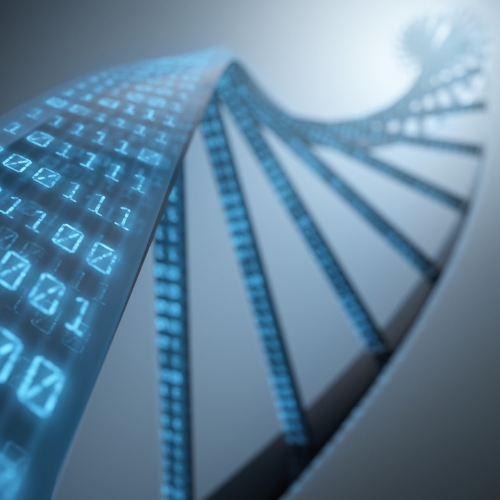Key points from article :
Researchers from Penn State have created the first protein-based nano-computing agent that functions as a circuit, which could help develop next-gen cell-based therapies for diseases like diabetes and cancer.
Traditional cell-based therapies depend on the expression or suppression of proteins to cause a desired action within a cell, which can be time-consuming and energy-intensive.
The team's approach involves engineering proteins to directly produce a desired action in response to certain stimuli.
The researchers created a target protein that responds to light and rapamycin, causing a change in its orientation.
This engineered protein was tested on live cells in culture, and the changes in cellular orientation were observed upon exposure to stimuli.
Their nano-computing agent can now produce two different outcomes, depending on the order in which the inputs (light and rapamycin) are received.
This proof-of-concept opens up the possibility for more complex nano-computing agents, with a wide range of potential inputs and outputs that could influence cell behaviour.
The team plans to further develop their nano-computing agents and experiment with different applications of the technology.
Research published in Science Advances.







